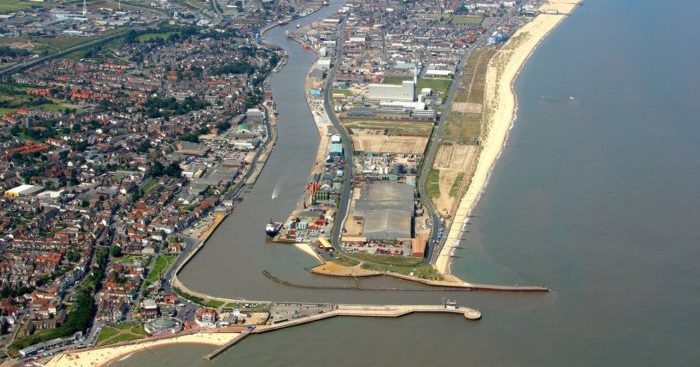The British Ports Association has written to the UK’s Chief Secretary to the Treasury, Liz Truss MP, urging that the upcoming Comprehensive Spending Review to consider how to replicate the EU’s schemes that provide investment for the transport and infrastructure network.
The BPA also called for new mechanisms to be created to help UK projects benefit from European Investment Bank loans which have advanced infrastructure developments across the UK, as well as research and innovation funding to analyze new environmentally friendly marine equipment.
Commenting the British Ports Association’s Chief Executive Richard Ballantyne said:
We are keen that the Government’s Comprehensive Spending Review provides for pro-investment transport strategies similar to the EU’s TEN-T and Connecting Europe Facility programme, and that domestic schemes similar to the Motorways of the Sea programme and the European Maritime Fisheries Fund are created and properly resourced
[smlsubform prepend=”GET THE SAFETY4SEA IN YOUR INBOX!” showname=false emailtxt=”” emailholder=”Enter your email address” showsubmit=true submittxt=”Submit” jsthanks=false thankyou=”Thank you for subscribing to our mailing list”]
In addition, Mr. Ballantyne noted that ports must facilitate trade and enable valuable coastal activities. For this reason, it is crucial that Brexit does not lead the UK in giving up on infrastructure investment. He added that UK ports must drive efficiencies in the transport of goods and passengers and support coastal communities, businesses and tourism strategies.
Currently, there are more than £1.7bn of UK port infrastructure projects in the pipeline but the logistics sector needs a modern and efficient transport infrastructure network to facilitate trade, BOA noted.
What is more, Mr. Ballantyne explained that UK ports are looking for an efficient planning system and a good national transport network.
BPA has warned in the past that in the future the EU’s Connecting Europe Facility could target the hinterland network connectivity challenges faced by many European ports. The organisation believes it is important that the UK is not left behind. It mentioned that there has been much attention on the possible impacts of new border controls on some UK-EU routes, however other factors like long-term post-Brexit transport plans and infrastructure investment should not be ignored.
Moreover, during 2018 the UK Department for Transport published the results of its Port Connectivity Study which assessed many of the transport challenges for English ports. It also highlighted that ports are often not taken into consideration into national and regional transport decisions as well as wider government strategies.




























































